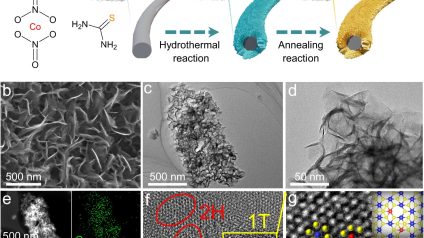Pesticide Action Network survey identified PFAS pollution levels in 10 countries above legal limits
Loose standards and selective monitoring do not reduce PFAS pollution in water
The battle to combat PFAS pollution in water will be in vain if we continue not to monitor all substances. At least that is what emerges from a survey of water samples from ten EU countries. Conducted by organisations that are part of the European Pesticide Action Network, it revealed worrying levels of trifluoroacetic acid (TFA). It is a “chemical forever” little known and largely unregulated. The contamination, also spread in agricultural areas, showed average concentrations of 1,180 nanograms per liter (ng/l), 70 times higher than the average of the other PFAS examined put together. In 23 of the 29 samples, TFA concentrations exceeded the total limits of these substances in the EU drinking water directive.
TFA is a degradation product of PFAS pesticides, fluorinated gases and other forever chemicals. According to the associations, the pervasiveness of TFA, which is also far from industrial regions, paints an alarming picture of widespread contamination. Most EU countries do not monitor TFA levels in surface, groundwater or drinking water. The only exceptions are Germany, Belgium, Denmark, the Netherlands, Norway and Sweden.
The German Environment Agency has identified PFAS pesticides as the main source of TFA contamination in rural areas. Although the EU Pesticide Regulation provides that active substances and “relevant metabolites” do not exceed 100 ng/l in groundwater, all samples analysed exceed this limit. This is due to a 2003 EFSA decision, which classified TFA as a “not relevant metabolite“, excluding it from monitoring requirements and limits.
According to PAN Europe, this decision would be responsible for one of the largest contaminations of European waters by a chemical of human origin.
Environmental organizations are calling for urgent action, including a ban on PFAS pesticides. Other specific requests concern the implementation of a general restriction on all PFAS under the REACH Regulation. Then there is the question of classifying the TFA as a “priority substance” and implementing a monitoring of its levels in water.













